The Paradox Principle
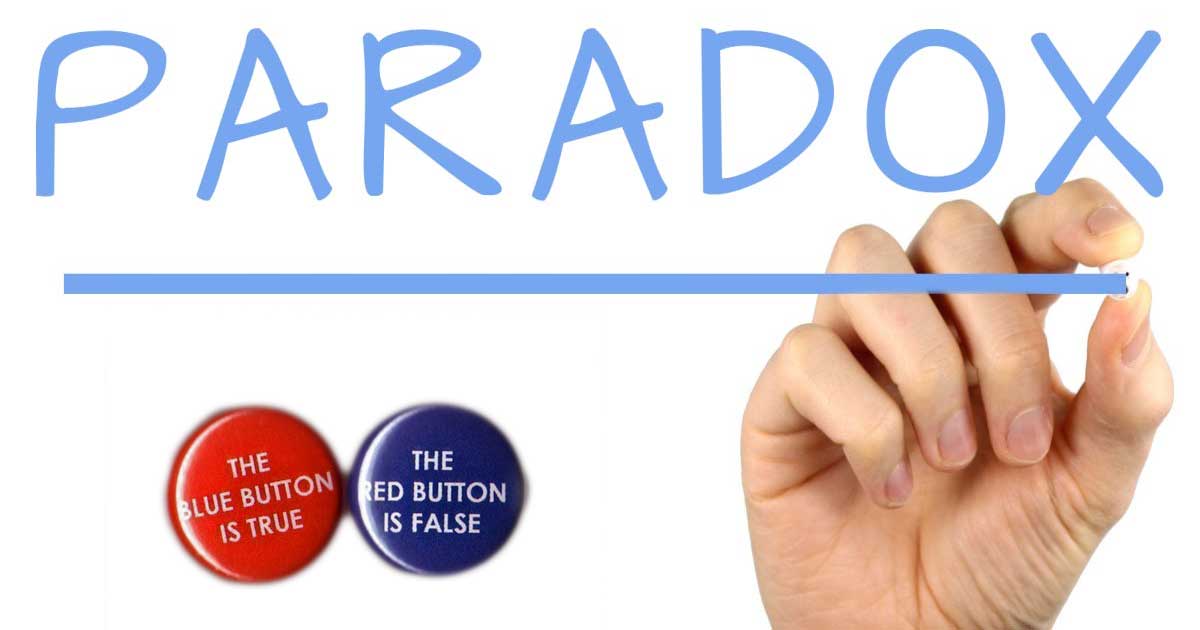
In practice, human action often has paradoxical or unintended effects. Sometimes effects or side effects even have the exact opposite effect as intended.
Thinking is a mental process which allows humans to model the world, philosophy is the attempt to understand the world using logic and reason. The world being both the external and the internal, and both the knowable and unknowable.
For an overview of philosophy see our branches of philosophy page, for an introduction to philosophy check out Reason at Work (Amazon). Philosophy includes everything from economic and political philosophies, to the philosophies of emotions and mind, to cosmological and other other metaphysical questions, to the nature of god and religion, to the very nature of what we can know. Given that every subject has a science and philosophy (with the two often merging, such is the case in theoretical physics or mathematics) we have to be careful not to undervalue the practical aspects of this non-science.

In practice, human action often has paradoxical or unintended effects. Sometimes effects or side effects even have the exact opposite effect as intended.
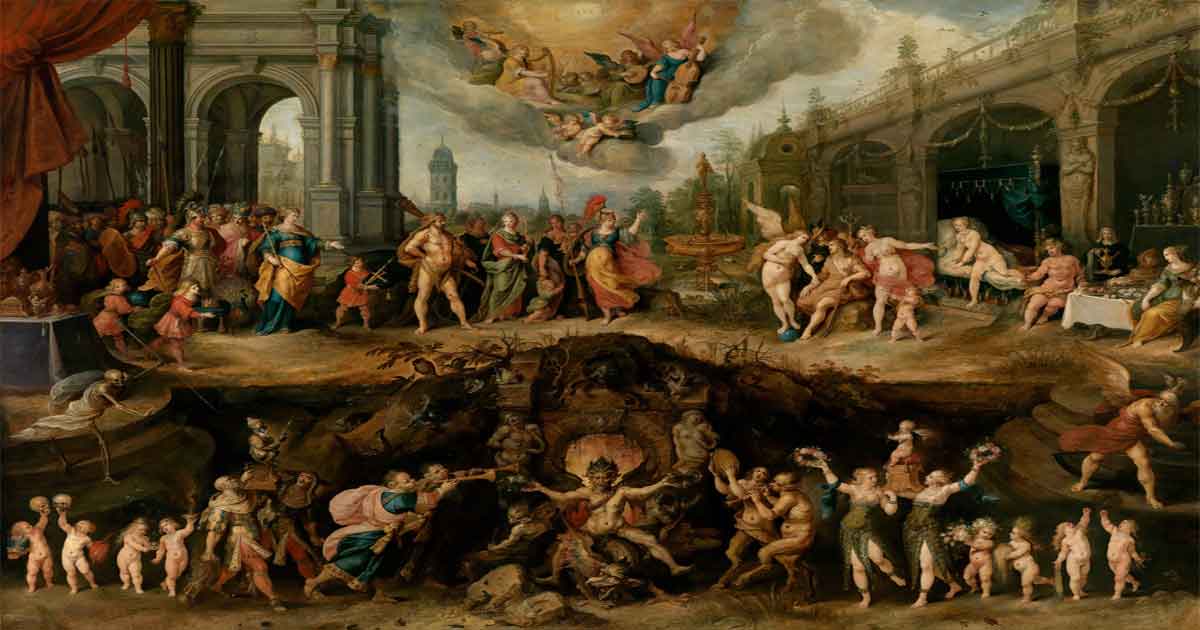
We present a list of vices and virtues and look at vices and virtues as understood by philosophers like Aristotle and Aquinas.
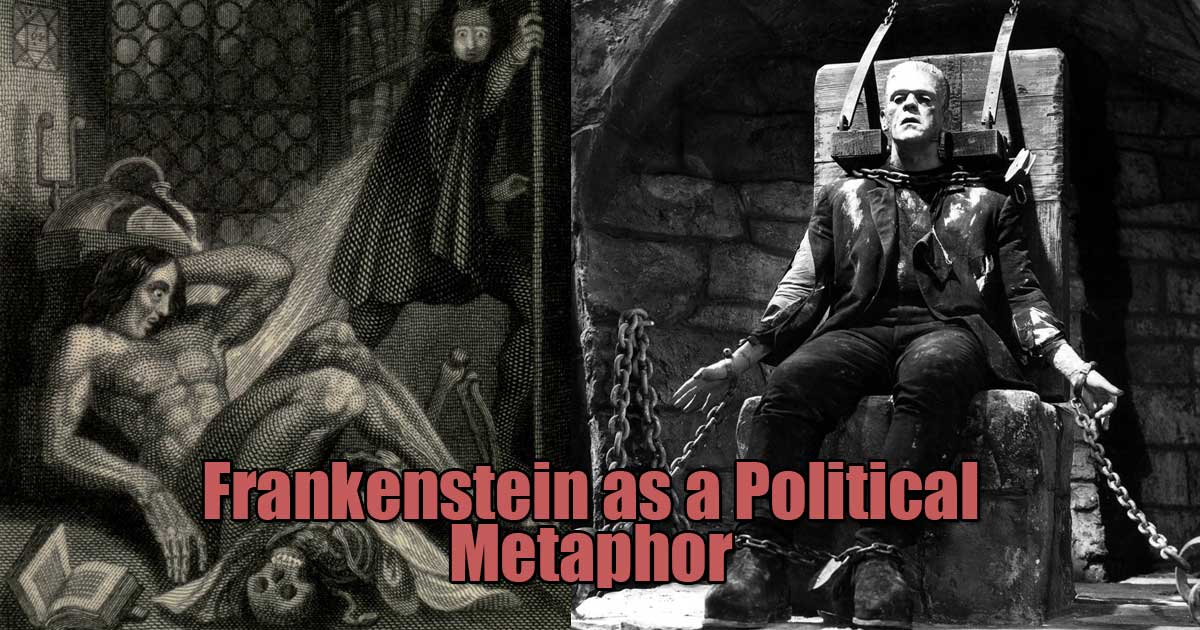
Mary Shelley’s Frankenstein (1818) can be read as a political metaphor where Dr. Frankenstein and his monster represent the philosophies and attitudes of the liberal revolutionaries, specifically those of the French Revolution and ensuing “Reign of Terror.”
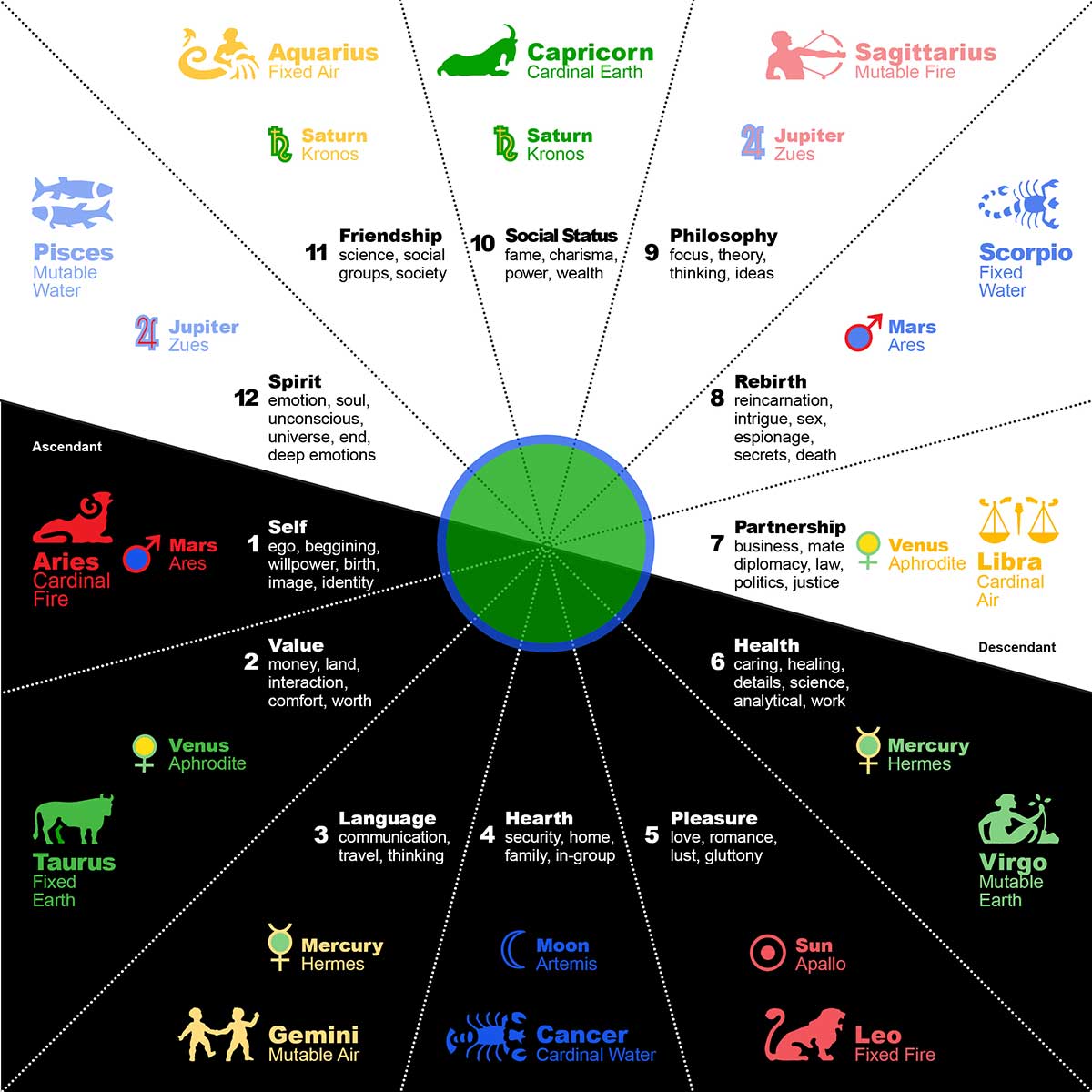
Western Classical Element Theory can be seen as a metaphor the human condition where fire is will and action, air is reason, water is the passions and spirit, and earth is the physical.

Jean-Jacques Rousseau’s concept of the General Will roughly means “that which is in the best interest of the people” or “the public good”, and not just popular consensus.
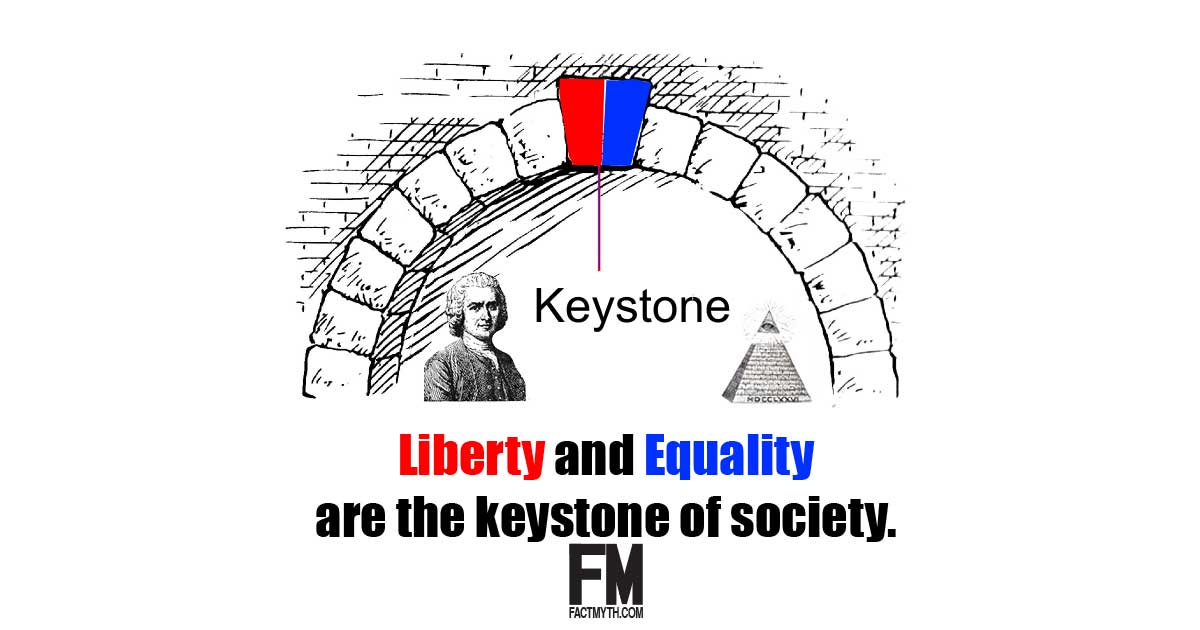
We present an essay on the purpose of the laws and government to better understand how liberty, rights, equality, and justice are inseparable in nature and in civil society.
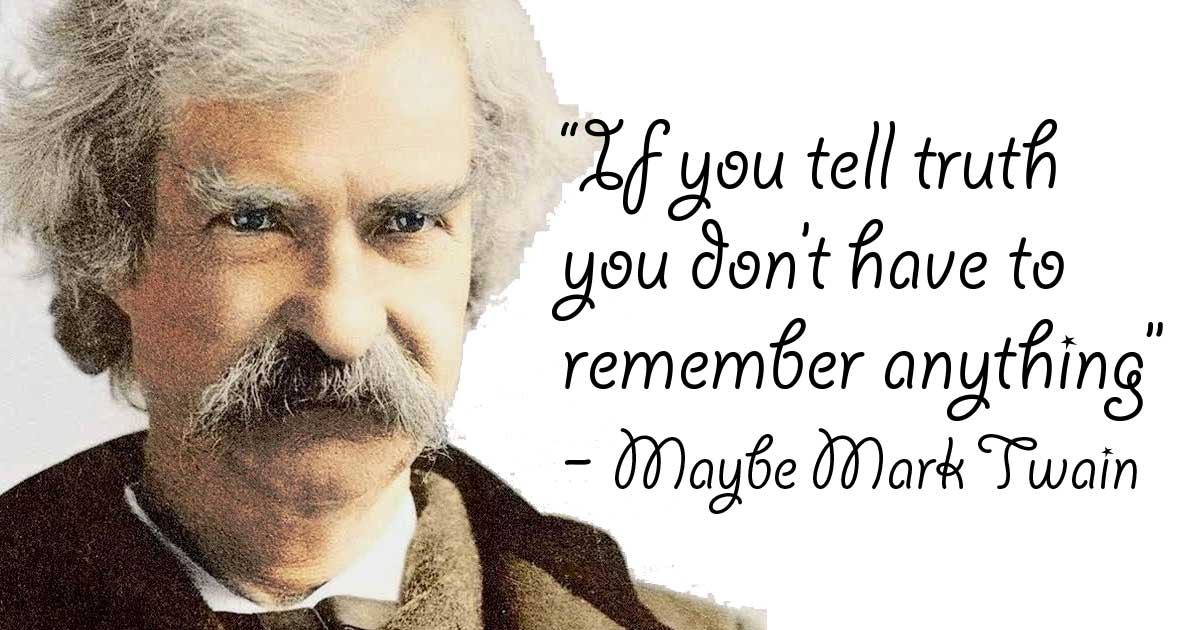
Mark Twain is said to have said, “If you tell the truth you don’t have to remember anything”, meaning if you tell a lie you have to remember what lie you told to who.
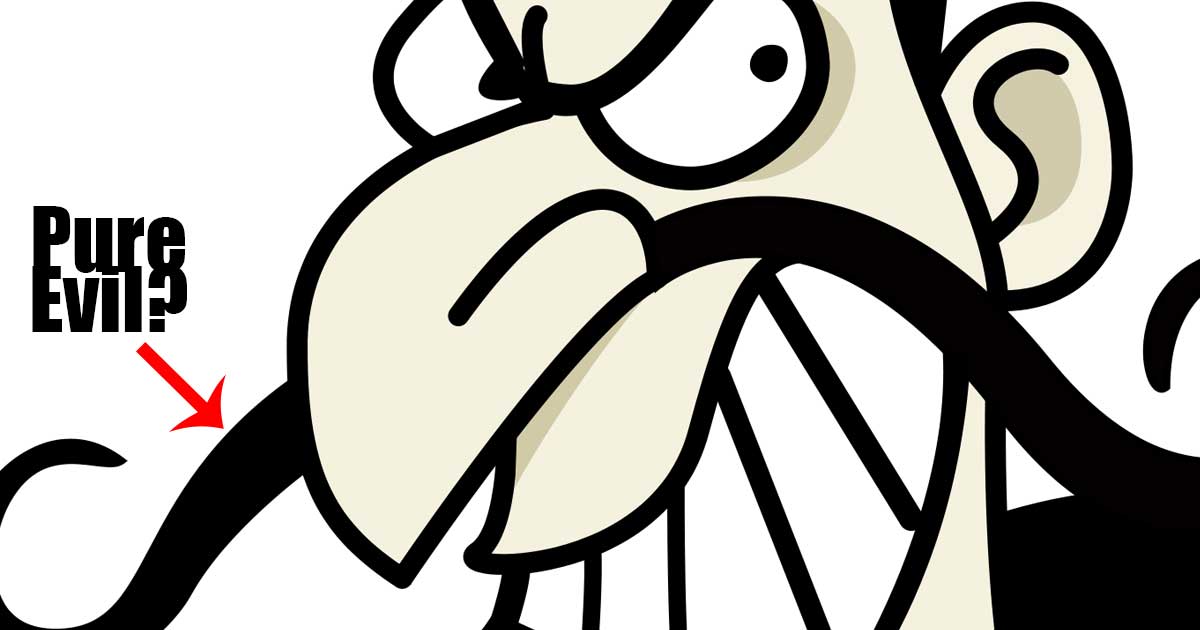
Villains tend to have mustaches, not because facial hair is evil, but because despots style themselves after other despots.
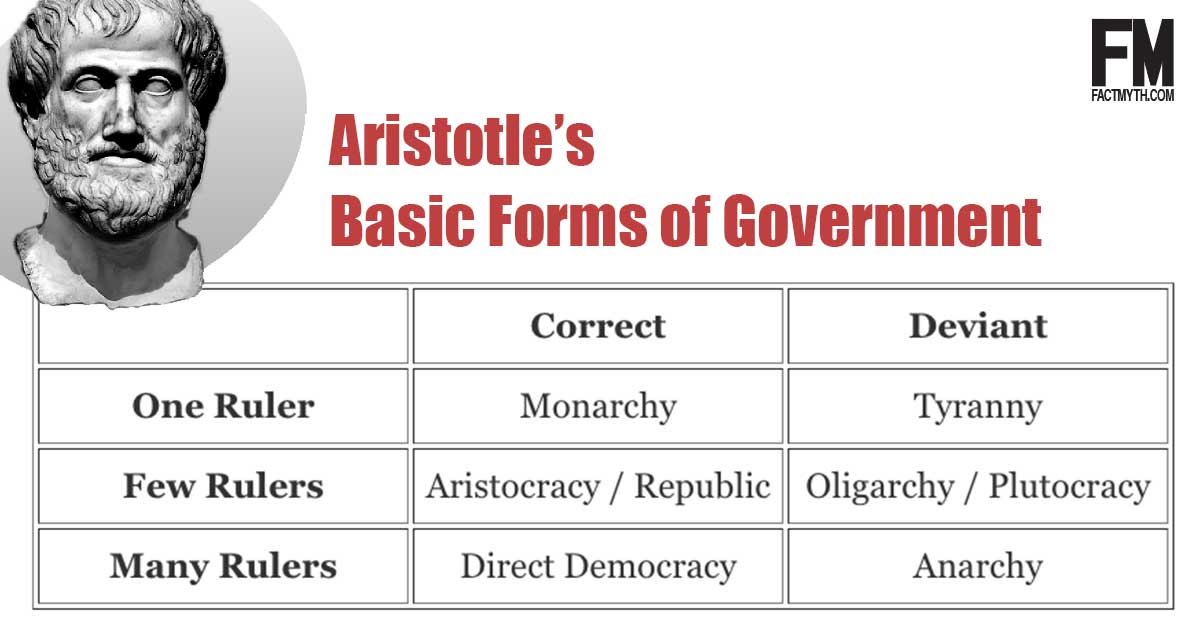
We explain and list the types of governments. We cover the basic classical forms of government, the many types of governments that can be derived from the classical forms, and the actual forms of governments in practice.
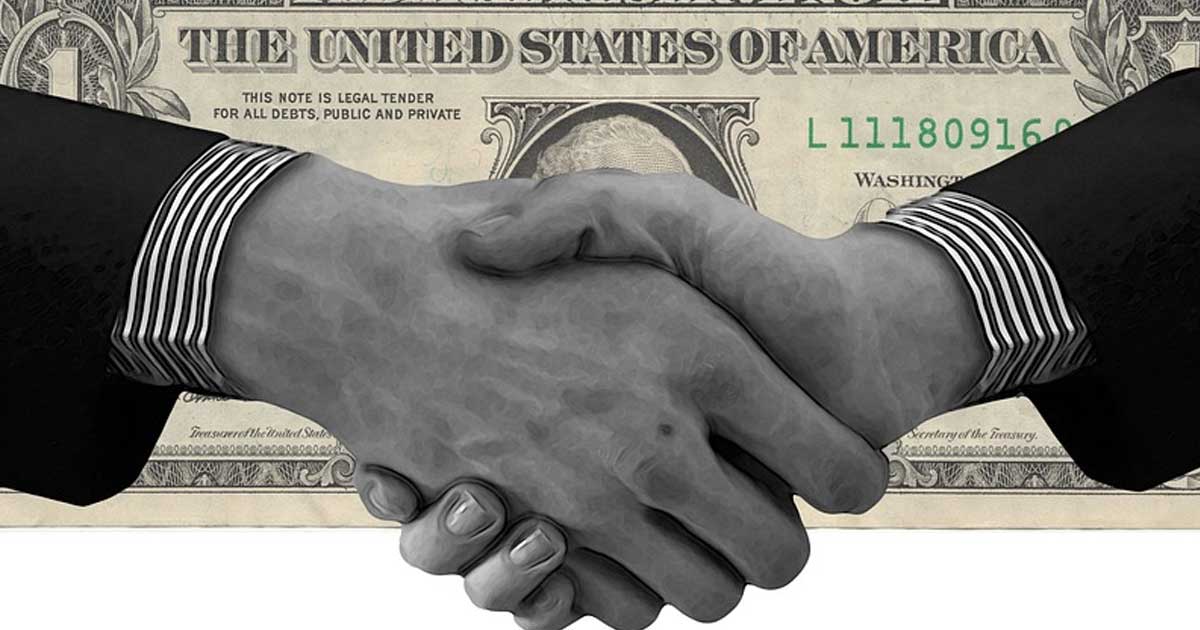
There are different types of capital, value, commodities, and markets including natural, human, social, manufactured, and financial.